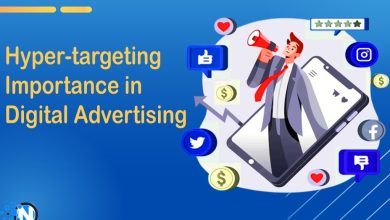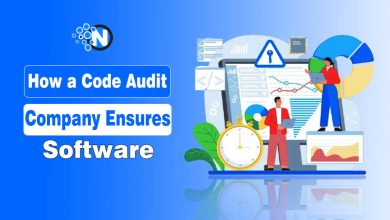6 Wikipedia Alternatives to Boost Your Profile Online

You don’t have a right to be listed on Wikipedia.
That’s a hard thing for a lot of people to hear. All the more so because Wikipedia’s notability standards — the reason not just anyone earns a spot on the world’s biggest open-source encyclopedia — seem punitive at times.
But them’s the breaks. You promote yourself with the resources you actually have at your disposal, not the resources you probably deserve.
Fortunately, Wikipedia isn’t the only game in town for boosting your profile online. Many other high-visibility websites and platforms aren’t so picky. Let’s take a look at six of the most impactful.
1. Everybodywiki
Everybodywiki is one of several websites that might be uncharitably called “Wikipedia imitators.”
Everybodywiki does bear a close resemblance to its better-known counterpart, but it has some key distinctions too. It’s a bit cleaner-looking, and more importantly, it’s far less bureaucratic. You don’t have to worry about fastidious editors overwriting your changes as soon as they go live, for example.
Which makes it easier to tell your own story on your own terms. Even if you don’t deviate much from the “standard” Wikipedia format — this Everybodywiki listing for Steve Streit, a fintech entrepreneur and venture capitalist, is a case in point — it’s nice not to have to jump through so many hoops..
Everybodywiki’s more laid-back editorial standards also make it easier to expand upon non biographical topics that Wikipedia probably wouldn’t deem notable enough to earn their own page. That helps attract readers booking for arcane details of topics of interest to them — for example, NBA fans searching for details on things like the Ethan Ennis NBA Playoff Most Valuable Player Award.
2. Crunchbase
Crunchbase is a business and professional directory website that’s heavy on tech and finance entities and personalities but has a broad enough reach that it’s worth targeting even if you can’t stretch to call yourself either.
Compared with Wikipedia, Crunchbase has better information density and more relevance for people seeking actionable intelligence. Compare the Wikipedia page for Marc Andreesen with his Crunchbase bio and it’s easy to spot the difference — if you’re catering to an audience seeking “just the facts,” there’s no comparison.
3. LinkedIn
LinkedIn is much more than a professional social media network. It’s an information-rich database to which most people and productive business entities belong. And that makes it the most important place on the web to have a factually accurate presence — yes, even more so than Wikipedia.
You probably have a basic understanding of how LinkedIn works and how to create and edit content on it, so we won’t dwell. If you’re looking for guidance, though, check out LinkedIn’s own guide to improving your presence.
4. Medium
Medium is a high-visibility blogging platform that doesn’t require users to pay for web hosting, manage a backend, or know how to code. (Basic HTML familiarity doesn’t hurt though.)
It’s also more than a “Wikipedia alternative” — though you should absolutely burn a Medium post (or several) on telling the detailed story of your life and career. Medium is a place to differentiate yourself from your peers and establish your credibility as a legitimate thought leader in your field.
5. Ideamensch
If Medium is the best place to tell your story on your own terms, Ideamensch is the best place for someone else to tell your story on your own terms. Specifically, Ideamensch interviews give you a virtually open-ended platform to discuss your origins, promote your professional activities, and share your insights without pushback.
6. Tumblr
Webizens of a certain age remember the stripped-down blogging platform a little too well, probably. It was right up there with Myspace and Xanga in the zeitgeist for a minute.
Good news, then: Tumblr is back, baby. And though it’s less formal than any of the other resources here save for Medium, it’s still a great place to introduce yourself to the world on your own terms. The new and improved version is also the most visually sophisticated of the bunch, so use it to show off your image capture and editing chops while you’re at it.
Wikipedia Isn’t Everything
Let’s say it again for those in the back: Wikipedia isn’t everything when it comes to personal branding. In fact, with so many high-quality alternatives, it’s no longer essential. You can develop a well-rounded, highly visible online presence without ever getting your name on Wikipedia.
So don’t wait for the notability fairy to shine her light your way. Take control of your digital destiny today.




